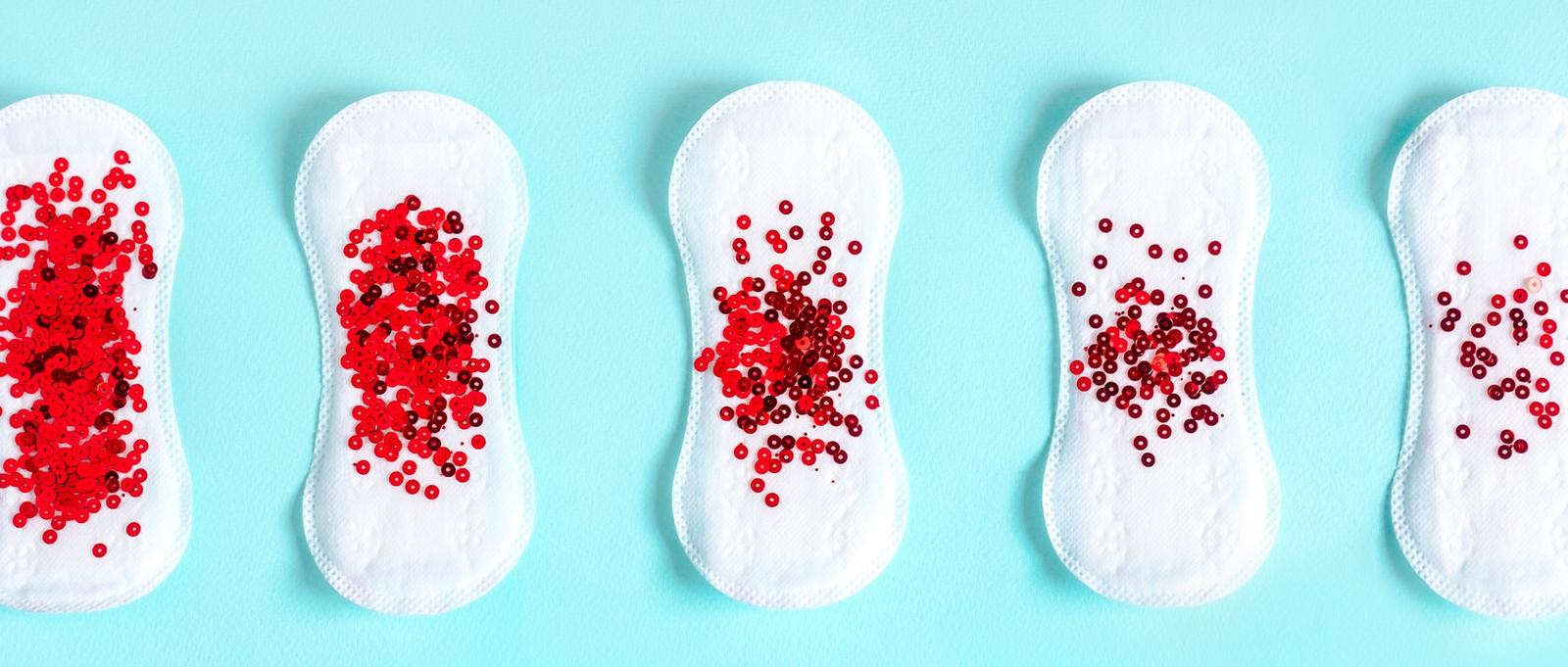
What's behind the HRT shortage in the UK?
Peer reviewed by Natalie HealeyLast updated by Milly EvansLast updated 27 Aug 2019
Meets Patient’s editorial guidelines
- DownloadDownload
- Share
- Language
- Discussion
Women across the UK are struggling to get hold of their hormone replacement therapy prescriptions due to ongoing manufacturing and supply issues.
In this article:
Hormone replacement therapy (HRT) is used by around a million women in the UK to improve symptoms of menopause. However, some are currently unable to obtain their prescriptions due to shortages of HRT products.
HRT is used to replace the oestrogen hormones which stop being produced by the ovaries when a woman enters the menopause. Some types also contain the hormone progestogen. HRT treats menopausal symptoms including hot flushes, night sweats, vaginal dryness, sexual function and joint pains. There is some evidence that it can also improve mood and sleep.
The Royal College of Obstetricians and Gynaecologists (RCOG), the British Menopause Society (BMS) and the Faculty of Sexual and Reproductive Healthcare (FSRH) have all received queries from women and doctors who are having issues obtaining HRT, they said in a joint statement. The organisations are calling on the Department of Health and Social Care to work with manufacturers to understand and limit the impact of these shortages.
Professor Lesley Regan, president of the RCOG, stressed the importance of HRT for women who take it for menopausal symptoms. "We are very concerned that thousands of women are struggling to get their HRT prescriptions, or even prescriptions for alternative treatments. HRT is essential for many women to ensure that they are able to continue to lead a high quality life.
"Although we have been told that some of the supply issues are temporary, others are not and are negatively affecting the treatment and care that clinicians can provide to their patients. Most importantly, it means that some women are having to find alternative products or even go without," explained Regan.
The problem is affecting women across the country. "Every week in my clinic I see women who are affected by the shortage in HRT treatment," said President of the FRSH, Dr Asha Kasliwal.
The availability issues are increasing the stress of already difficult symptoms for many menopausal women. "These women are not being able to receive the treatment that best suits their needs, leaving some women to cope with quite debilitating symptoms that directly impact on their daily lives."
Continue reading below
How long will the shortage last?
The British Menopause Society is issuing updates on its website about the availability of treatments. Some forms of HRT will be unavailable until the end of August or early September whereas others will be out of stock until mid-2020, according to suppliers. Clinicians are being encouraged to offer alternative treatments with similar levels of hormones to avoid disrupting HRT treatment where possible.
Currently there is little explanation for the shortages beyond manufacturing and supplier issues, although an increased uptake due to awareness of the benefits of HRT may be partially responsible.
Janssen, manufacturer of Evorel HRT treatment, have seen "an unusual increase in demand for HRT over recent months across a number of countries, including the UK", leading to a reduction in the supply of Evorel products. In part, this increased demand was due to shortages of products including Theramex's FemSeven range since the end of 2018, causing women to switch to other brands.
"We need to understand the reasons behind this and what measures could be taken to resolve this issue and to prevent it happening again in the future. It remains unclear why there is a shortage of the treatments in the first place or when the normal supply of the products might resume. We are seeking further information and clarification, as to when the matter will be resolved, from the industry," said Chair of the BMS and consultant gynaecologist, Haitham Hamoda.
"Supplies of alternative HRT products are available and women affected should discuss alternatives with their doctor."
Patient picks for Menopause and HRT

Hormones
What is postmenopausal depression?
It's all change in your fifties. The kids have fled the nest, you're starting to make plans for retirement, and chances are if you're a woman you're also going through the menopause. All too often, it's also a time when mood swings and depression strike for females. How can women know whether it's 'just' the menopause or something more?
by Dr Sarah Jarvis MBE, FRCGP

Hormones
How your periods change during perimenopause
Perimenopause means ‘around menopause’. It is the time when your body starts to move towards menopause, which is when your periods stop. During perimenopause, your hormone levels go up and down, which can make your periods more erratic. We look at why this happens - and what you can expect your menstrual cycle to be like during perimenopause.
by Victoria Raw
Continue reading below
Article history
The information on this page is peer reviewed by qualified clinicians.
27 Aug 2019 | Latest version

Ask, share, connect.
Browse discussions, ask questions, and share experiences across hundreds of health topics.

Feeling unwell?
Assess your symptoms online for free
Sign up to the Patient newsletter
Your weekly dose of clear, trustworthy health advice - written to help you feel informed, confident and in control.
By subscribing you accept our Privacy Policy. You can unsubscribe at any time. We never sell your data.